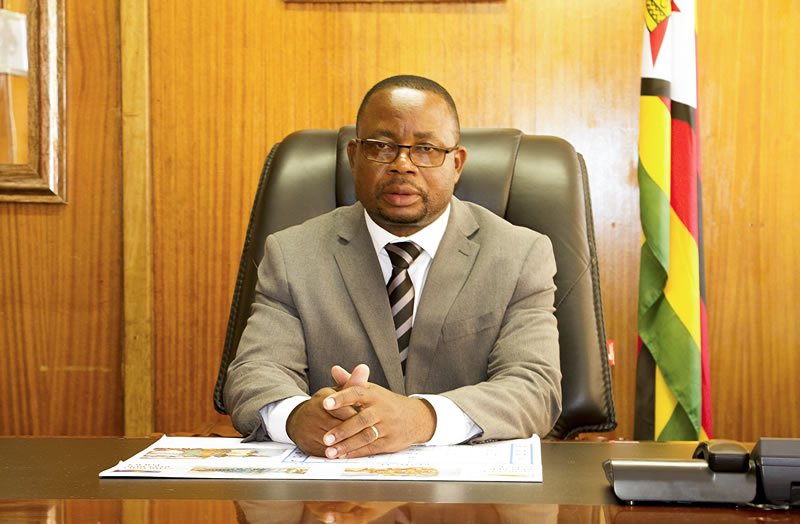|
Getting your Trinity Audio player ready…
|
By Zimbabwe Coalition on Debt and Development
The Private Voluntary Organisations (PVOs) Amendment Bill 2021 (HB 10,2021) or PVO Amendment Bill was gazetted in November 2021 to amend the PVO Act (Chapter 17:05). The Memorandum to the Bill states that the purpose of the amendment includes amongst other objectives: i. To comply with the Financial Action Taskforce (FATF) aligning the country’s laws with recommendation 8; ii. Ensuring that PVOs are not misused by terrorist organisations; iii. Preventing the exploitation of legitimate entities as conduits for terrorist financing; iv. Streamlining administrative procedures for PVOs to allow for efficient regulation and registration; and v. Ensuring that PVOs do not undertake political lobbying.
Reasons why the Bill should not be passed into law
Last week, the Parliamentary Portfolio Committee on Public Service, Labour, and Social Welfare conducted public consultations across the country, to give constituents an opportunity to register their views. Section 119 (1) of the Constitution of Zimbabwe mandates the Parliament of Zimbabwe to protect the Constitution and to promote democratic governance in Zimbabwe. However, it bears mentioning that the consultations were marred by widespread misinformation and polarisation around the Bill. In this regard it is worth emphasising some of the reasons why the Bill should not be passed into law;
- The Bill militates against efforts to promote representative democracy in the It is being introduced in a highly polarised pre-electoral environment and will likely serve to close the already shrinking democratic space in which dissenting voices are routinely subjected to censorship and unconstitutional restrictions.
- The Bill does not advance the recommendations of the Financial Action Task Force (FATF) aimed at addressing money laundering and terrorist financing as it unilaterally affects all Civil Society Organisations. Government should instead consider focused and balanced measures to effectively regulate those organisations at risk of money laundering and terrorist financing.
- The FATF recommendations which this Bill claims to respond to have already been addressed in other laws and As such the introduction of a new Act is no substitute for the government’s own failure to utilise existing laws and policies to fulfill the FATF recommendations. In this regard, government must direct its effort and spend resources towards comprehensive measures to align key financial regulation legislation to the Constitution. In particular, the government can advance the FATF recommendations by finalising the Public Finance Management Bill and the Mines and Minerals Bill which is pending finalisation since 2016.
- The amendments will cripple the operation of Civil Society Organisations (CSOs) whilst negatively affecting the rights of communities which depend on the work of CSOs for information, humanitarian assistance, social cohesion, and structured participation in developmental
- The PVO Bill invariably undermines the government’s own developmental ambitions and the concept of the social contract in which the modern-day state is established. The passing of the Bill will not only close democratic space but will further entrench poverty resulting in devastating effects on communities that are benefiting from NGOs’ work and support. NGOs/CSOs do not work against the government, but they complement the government’s efforts in poverty alleviation and reducing inequalities.
- The PVO Bill will roll back years of Civil Society led efforts to promote greater public participation in national development and governance PVOs operations are embedded with viable enzymes that promote representative democracy. Civic society groups (CSOs) play a watchdog role, including holding the duty bearers accountable yet the proposed PVO Amendment Bill seeks to silence them. CSOs exist to maintain checks and balances, provide civic education on governance issues, and management of public resources to enhance transparency and accountability in the public sector.
PVOs are not the enemies of the State. Rather, they are public-benefit groups or associations of persons or institutions that conduct humanitarian work and provide humanitarian support to affected communities complementary to the government’s support. Parliament must represent and respect the will of the people of Zimbabwe and ensure that the Bill is not passed into law.
